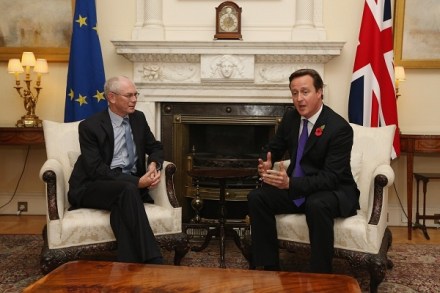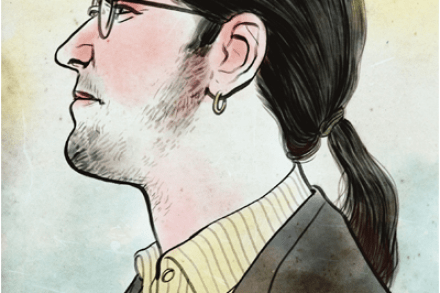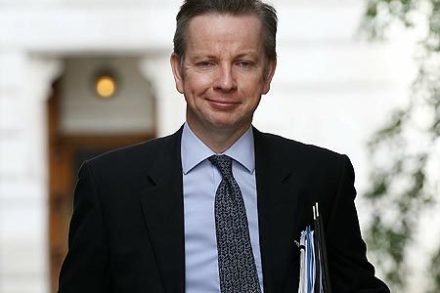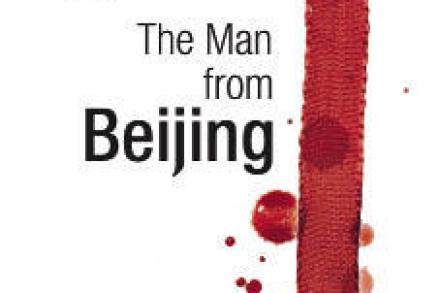Crime, corruption and sadism? No, the real Sweden is stunning – as I have discovered
I am on my first ever visit to Sweden and enjoying it greatly. My idea of this country had recently become rather confused. I used to picture it as a social democratic paradise, a tolerant, law-abiding welfare state in which everyone was a good and caring citizen. But then came the Wallander television series and the Stieg Larsson books and films in which Sweden was portrayed as a country in which violent crime was rife and corruption, sadism and perversion held sway. The reality, as I have experienced it over the past few days, has neither upheld nor discredited either of these stereotypes. But this is hardly surprising, since I



















